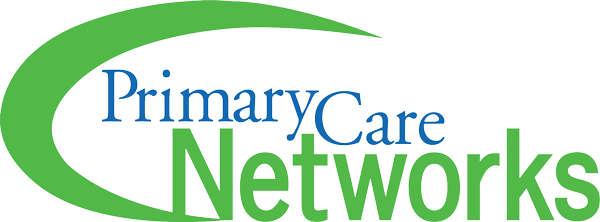Show your cardiovascular system some love
Heart disease is the second leading cause of death in Canada — luckily the Heart and Stroke Foundation says up to 80% of premature heart disease and stroke can be prevented through lifestyle choices.
“Understanding your own risk is the first step anyone can take to reduce it,” says Joni Bonner, Health Management Nurse at Calgary Foothills Primary Care Network (PCN). “Like any disease, there are factors we can control and factors we can’t."
If you’re 30 or older, you can calculate your own heart disease risk on Alberta Health’s website.
Tips to improve your heart health
Across the province, PCN health professionals like Bonner often see patients with concerns about their heart health who are looking for steps to manage or prevent their risk of heart disease.
Check out a few of their top recommendations:
Prioritize a heart-healthy diet
Maintaining a heart-healthy diet — like eating plenty of vegetables, fruit, whole grains, lean protein sources and low-fat dairy — is important to reduce blood pressure and cholesterol. But with so many dietary trends, options and information out there, it’s hard to know the best approach.
“Improving your nutrition doesn’t need to be hard — it might mean dining out less or consuming fewer sugary foods and beverages,” says Bonner. “Even eating at a slower pace can help control calorie intake and achieving a healthy weight.”
If you have specific questions about nutrition, and want to chat with an expert, consider booking an appointment with a PCN registered dietitian or nurse if you have access to one. You can also sign up for free online or in-person nutrition workshops to get answers.
Set achievable health goals
For many, it helps to set achievable goals and make incremental changes towards a heart-healthy lifestyle. Goals might include incorporating exercise into your daily routine, managing stress, improving sleep, quitting smoking, limiting alcohol and lowering your blood pressure or cholesterol.
Your PCN’s team of health professionals can provide support by recommending healthy lifestyle changes and creating a plan to help you move toward your goals.
Focus on your mental health
Stress can cause the heart to work harder — in the long term, it raises blood pressure and cholesterol levels and increases your risk of heart disease and stroke. Understanding how to manage your mental health is key to reducing stress and anxiety.
“If you notice you’re stressed, consider building in more time for meaningful activities, relaxation and self-care or setting boundaries,” says Bonner.
If you need extra support, Alberta PCNs offer a variety of free workshops on topics like anxiety and happiness, which can help you understand and manage your mental health. Your local PCN may also provide one-on-one counselling appointments to help you get on track to a healthier mental state.
Talk to your family doctor
Even if you feel fine, it’s worth visiting your doctor if you have concerns about possible heart health risks. Many heart issues go undetected until it’s an emergency. That’s where your doctor’s office comes in — they can help monitor your heart health through a variety of at-home recommendations, measurements, tests and routine screenings if needed.
For example, once women reach menopause, their risk for heart disease increases significantly. It's important to get routine screenings from your family doctor at this stage.
Managing pre-existing heart conditions
For those with a known history of heart health concerns, the above tips still apply — making healthy life choices is the best way to manage your condition and limit future risks.
If your family doctor has prescribed you medication for heart-related conditions like high blood pressure, high cholesterol or diabetes, a pharmacist can help you understand and manage it.
Build a better relationship with your heart today
Give your heart some much needed love this month. If you’re not sure where to start, talk to your family doctor who can help shape your care plan, or book an appointment or workshop with your local PCN. Find a location near you.
